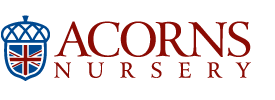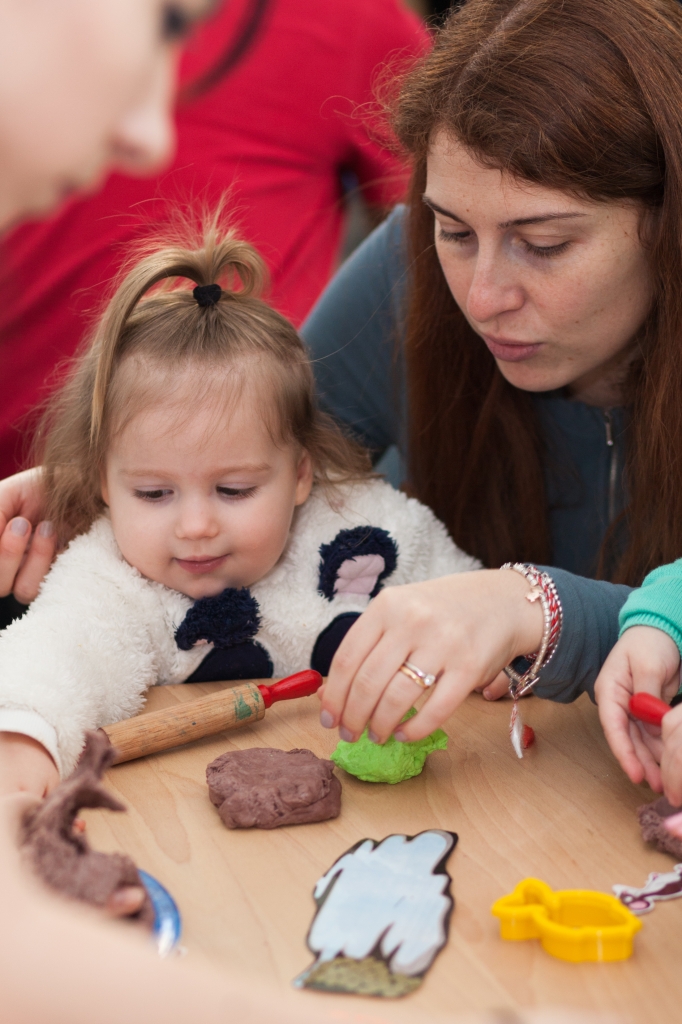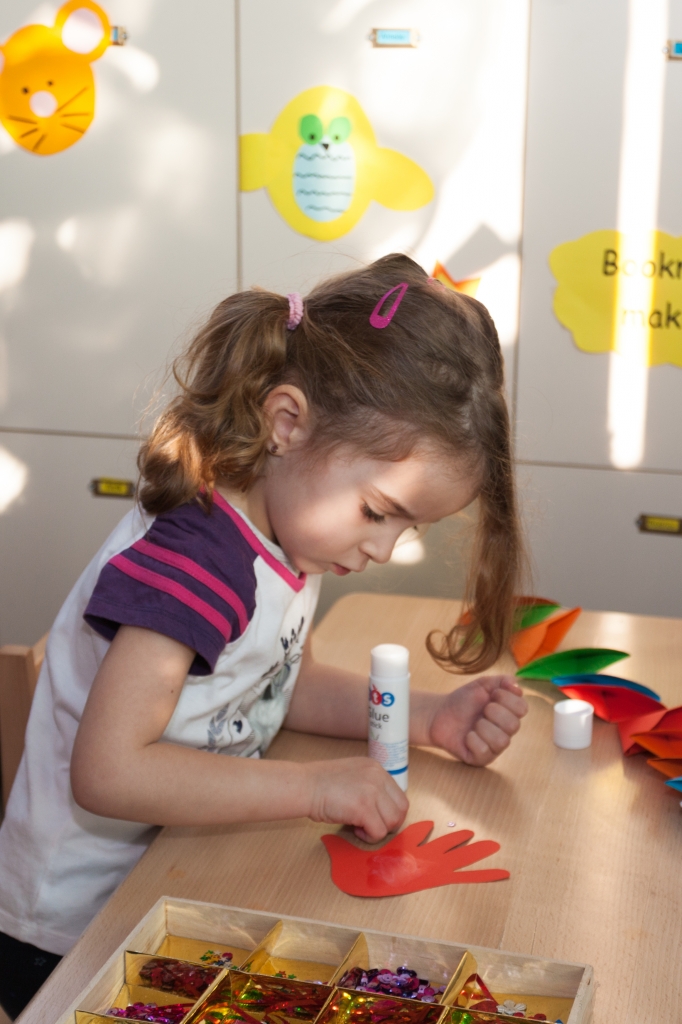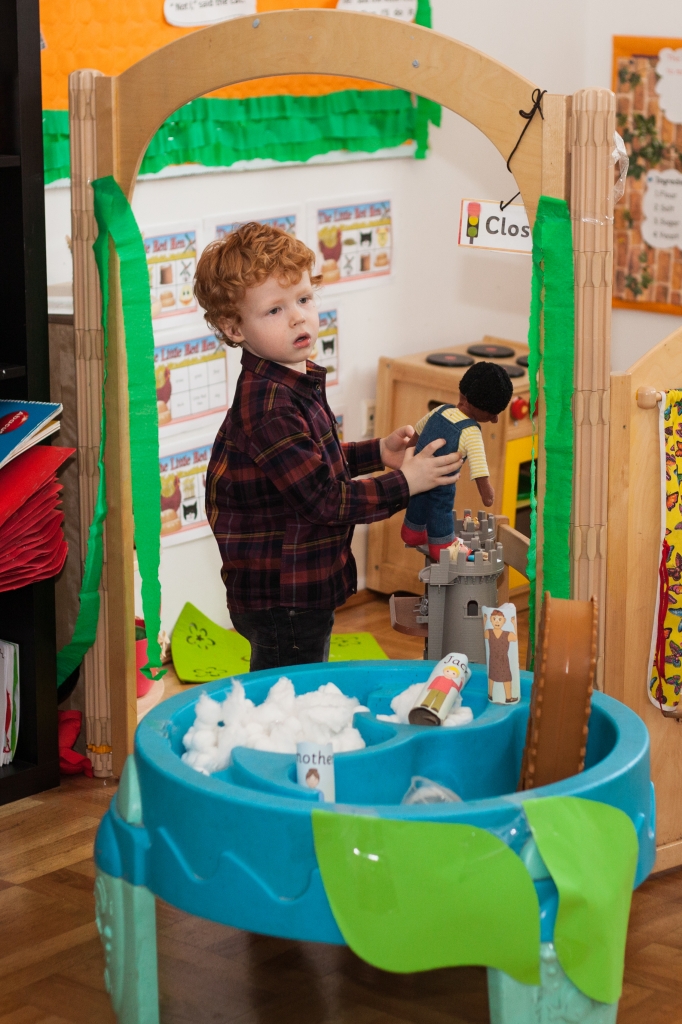As a parent, you ask yourself many times what career your child will choose and how you’ll be able to help him/her reach their potential.
In order to make sure we make the right decision for our children, experts in education encourage us to reflect on their progress at regular intervals, from birth.
In the first months of life its important to observe your baby’s behavior, how he/she relates to close family members, other children, how their daily routine is and what are their favourite games.
As your child grows and begins to talk you may feel the need to seek specialist advice, however it is very important to keep in mind your child’s unique qualities, natural tendencies, potential and the way in which he/she learns.
We spoke to Fiona Dutu Head Teacher in Acorns Nursery about assessing children in the nursery according to the British curriculum.
“Development takes place not only in activities planned by the teachers but also throughout the rest of the day. Assessments are very important because they offer parents and future teachers important information about the level of a child’s development. Weaker areas can be transformed into abilities with the help of specific strategies which can be adapted to suit the needs of each individual child” explains Fiona.
Teachers plan activities on a weekly basis, which encourage each child’s potential and are based on their needs. Assessment techniques are used from the first day in the nursery, alongside information gained from parents.
In the first 2 weeks, teachers should observe new children and the way in which they settle into the nursery, noting the most important information (how he/she relates to other children and staff and reacts towards activities) in order to monitor progress made.
“Each area of the curriculum is important: physical development, personal, social and emotional development, communication and language, mathematical development, understanding the world and creative development” explains the British nursery representative.
In Acorns, teachers tell parents about their child’s day: which activities he/she took part in, what progress was made or where he/she experienced something for the first time. On a weekly basis, all teachers exchange their observations on children in order to plan activities which will meet their needs.
Parents receive a monthly report describing the activities which took place and their child’s learning which resulted, while twice a year, parents meetings take place which are based on each child’s profile (compiled by teachers from a child’s first day in the nursery until he/she leaves).
At the end of the school year in July, each child’s parents receive a report which summarizes activities which have taken place, progress made by their child and suggested ‘next steps’ which could support future learning. This report should be read by the child’s next teacher in order to provide continuity.
In the British system teachers aim to address each area of a child’s development, not just his/her cognitive abilities. Both strengths and areas where support is needed are reviewed regularly and parents are seen as partners who able to make a valuable contribution to the learning process, exchange important information with teachers and continue to support their child’s learning at home.
Assessment strategies should not be stressful for the child. If teachers’ recommendations are taken on board, a child won’t even realise he/she is observed and will therefore behave in a natural and uninhibited way. And you as a parent will know where your child’s strengths lie as well as where more work is needed.



